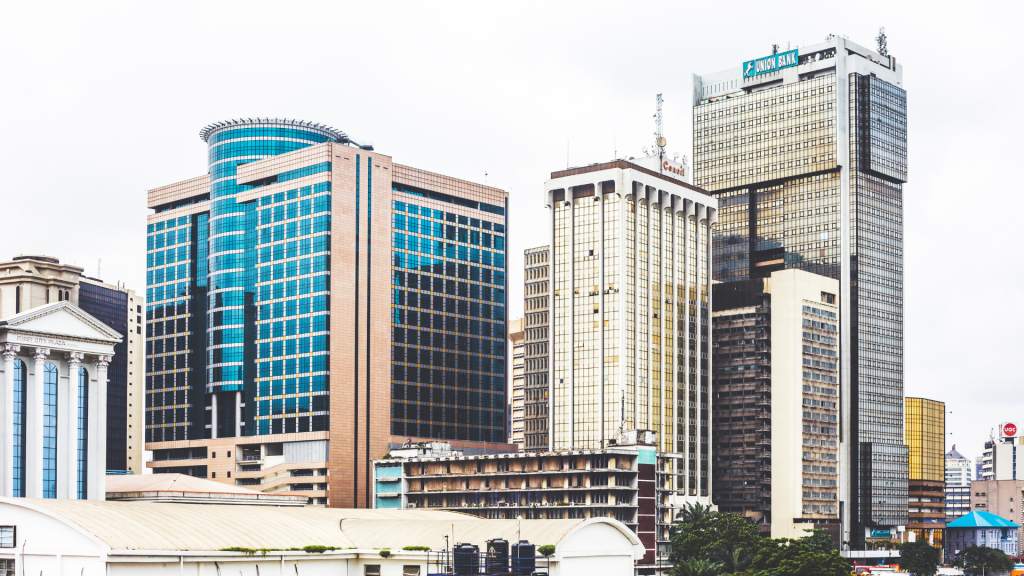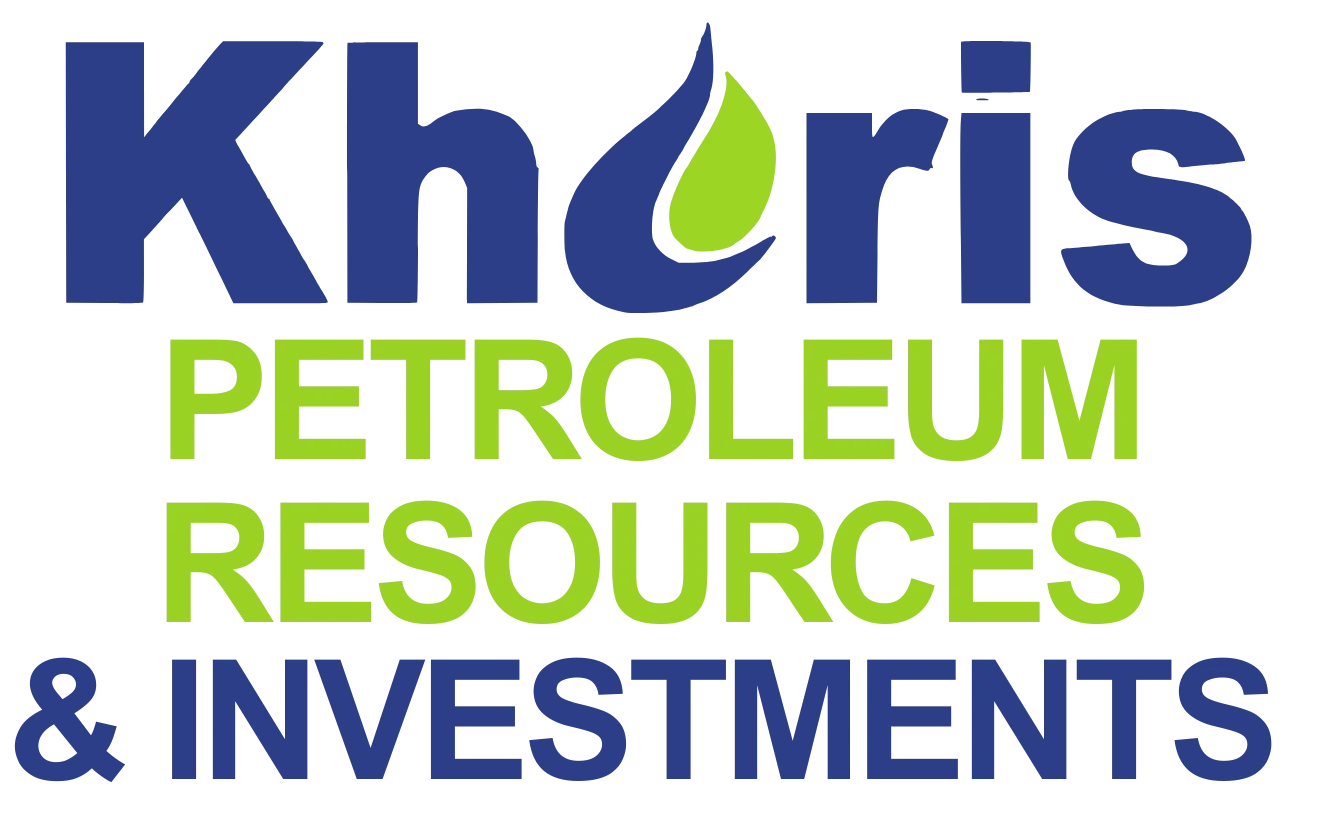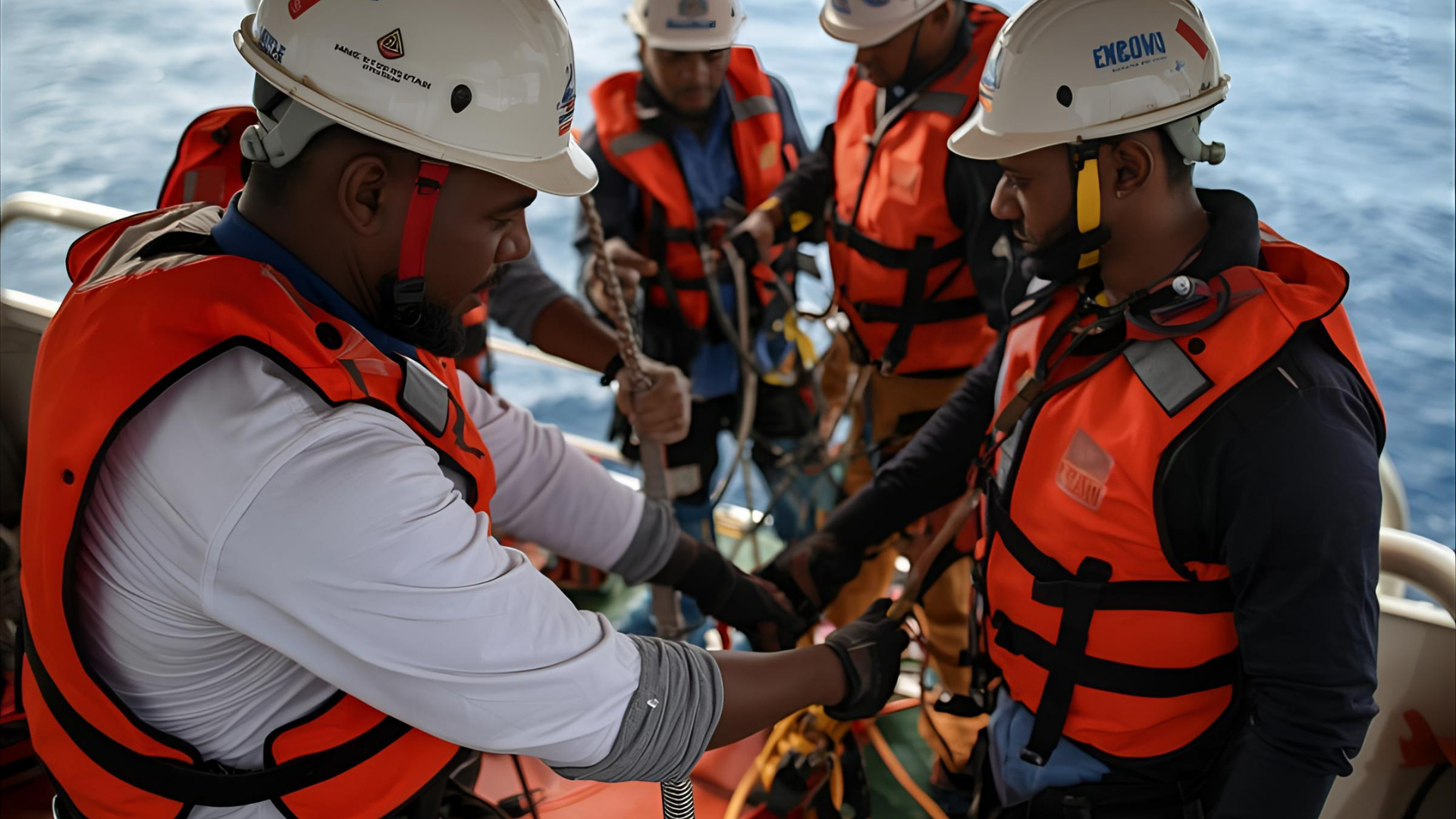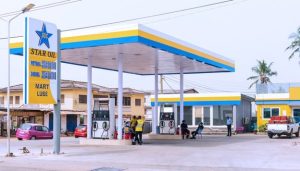Offshore workforce management in Nigeria is at the core of oil and gas, the backbone of the country’s energy economy. Nigeria has up to 500 oil fields within the Niger Delta region, with more than 55% of oil fields located offshore (Journal of Petroleum Technology, Society of Petroleum Engineers, 2023). But while the opportunities are vast, so are the risks. A report from the Nigerian Midstream and Downstream Petroleum Regulatory Authority (NUPRC) revealed that between 2021 and 2022, Nigeria’s petroleum sector recorded 60 worker deaths and 62 injuries from operational incidents. In 2024 alone, 22 oil & gas workers lost their lives on duty due to safety failures.
These numbers highlight a crucial truth: offshore workforce management in Nigeria is not just about efficiency. It is about safety, compliance, and protecting profits.
Why Compliance and Safety Matter in Offshore Operations
- Regulatory Compliance is Non-Negotiable
Regulatory compliance is non-negotiable in offshore workforce management in Nigeria, with agencies such as the NUPRC mandating strict adherence to safety and environmental standards. The 2020 Safety Case Guidelines mandate companies to ensure risks are mitigated to “as low as reasonably practicable.” Non-compliance does not just lead to fines; it can shut down operations. - Financial and Reputational Risks
In Nigeria’s oil and gas sector, poor offshore workforce management can trigger compliance gaps, safety failures, costly delays, insurance claims, and reputational damage. One payroll error or compliance gap can cost millions in lost production and legal exposure. - Human Factor Risks
Research shows that fatigue and human errors account for 75% of reported risks in Nigeria’s upstream sector. Without proper crew rotation, rest policies, and mental health programs, offshore projects face higher chances of accidents and downtime.

Best Practices for Offshore Workforce Management in Nigeria
Build a Compliance-First Culture
Embed compliance into everyday operations, not just audits. Regular training on Nigeria’s safety and labor regulations is critical.
Invest in Technology for Monitoring
Digital crew management systems track hours, certifications, and rest periods, reducing human error and ensuring compliance with labor laws.
Mitigate Common Risks
Survey data highlights recurring offshore hazards: oil spills (95%), environmental hazards (90%), gas leaks (85%), fires (80%). Each should have preventive protocols, emergency drills, and contingency planning in place.
Prioritize Health and Safety Programs
Strong health and safety programs are a pillar of offshore workforce management in Nigeria. Routine medical checks, fatigue management policies, and psychological support programs help reduce worker errors and improve overall performance.
Partner with Local Experts
Global best practices often fail without localization. Partnering with a Nigerian Employer of Record (EOR) ensures offshore workforce management in Nigeria stays compliant with PAYE, PENCOM, NSITF, ITF, and NUPRC regulations, while minimizing administrative risks.
Nigeria: A High-Potential Market; If You Get It Right
Nigeria is one of Africa’s biggest economic powerhouses, with a GDP of about US$187.76 billion in 2024 (World Bank). Add to that a fast-growing middle class and a young, dynamic workforce, and you’ve got a market full of possibilities. From oil & gas to telecoms, logistics, and beyond, Nigeria is not just growing, it’s opening doors for businesses ready to step in. But the hidden costs of poor offshore workforce management, from fatalities to fines, are too high to ignore.
The companies that succeed in Nigeria are those that respect its labour, safety, and compliance ecosystem while investing in the well-being of their workforce.

Offshore workforce management in Nigeria is no longer just an HR issue. It is a strategic business decision tied to compliance, safety, and profitability. By implementing compliance-driven practices, investing in workforce safety, and partnering with experienced local providers, companies can reduce risks, improve efficiency, and safeguard both lives and profits.
Ready to strengthen your offshore operations in Nigeria?
Contact Kharis Petroleum Resources & Investments today to strengthen offshore workforce management in Nigeria from Day One.



